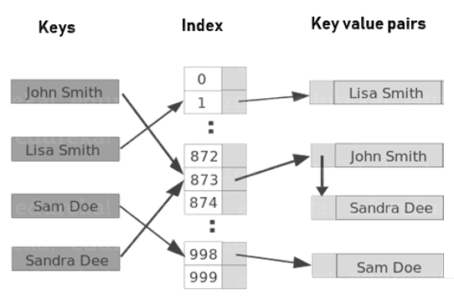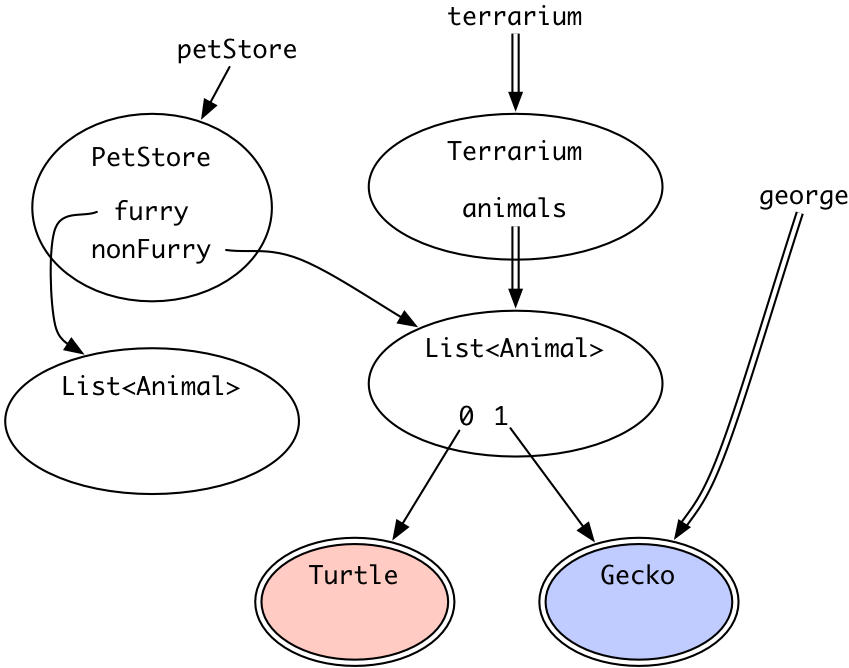What Is Unalterable Strings and How It Works
In the realm of programs, understanding the principle of immutable strings is critical for developing protected and durable applications. Immutable strings refer to strings that can not be changed after they are created, making certain data stability and predictability within the code.
The Fundamentals of Unalterable Strings
Unalterable strings, as a basic idea in shows, are personality series that can not be changed as soon as they are created. This means that as soon as a string is appointed a worth, that worth can not be changed. In languages like Python and Java, strings are immutable items, causing different ramifications in terms of memory management and information honesty.
Among the key benefits of unalterable strings is that they offer a feeling of safety and security in information adjustment. Because the web content of an unalterable string can not be customized, it makes sure that the initial data continues to be undamaged, minimizing the danger of unintentional changes during program execution (Why are strings immutable in Java?). This home additionally streamlines debugging procedures, as programmers can rely on that when a string is specified, its worth will certainly not be inadvertently modified
When a brand-new string is produced based on an existing one, rather than modifying the initial string, the brand-new value is kept independently. In general, comprehending the basics of unalterable strings is critical for understanding shows principles and enhancing code performance.
Benefits of Immutable Strings
Structure upon the safety and performance advantages of immutable strings, their advantages include improving code reliability and simplifying simultaneous programs tasks. By being unalterable, strings can not be customized after production, which removes the threat of unintended modifications in the data they save. This inherent immutability guarantees that when a string is produced, its value remains continuous throughout the program's implementation, decreasing the chances of insects triggered by unanticipated alterations.
Furthermore, unalterable strings add to code dependability by making it simpler to reason concerning the state of a program. Considering that strings can not be transformed, developers can trust that a string will constantly hold the exact same value, streamlining debugging and maintenance efforts. This predictability leads to a lot more secure and reputable codebases.

Application in Shows Languages
Within various programs languages, the incorporation of unalterable strings is a fundamental facet that affects how information is managed and adjusted within code frameworks. The implementation of immutable strings varies throughout different shows languages, with each language using its very own systems to support this idea.

In comparison, languages like C and C++ do not have integrated support for unalterable strings. Designers in these languages should by hand carry out immutability by imposing policies within their code to Visit Website prevent straight adjustments to string things.
Best Practices for Functioning With Immutable Strings
When handling unalterable strings in programs languages like Java and Python, adhering to best techniques makes certain protected and reliable data manipulation. One of the essential ideal methods is to make use of StringBuilder or StringBuffer rather of directly manipulating strings, particularly when handling considerable concatenation procedures. These classes supply mutable choices for string control, aiding to prevent unneeded memory allotments and enhancing efficiency.
In addition, when functioning with sensitive information such as passwords or API secrets, it is crucial to avoid storing them as plain text in immutable strings. Utilizing safe storage devices like char arrays or specialized libraries for managing delicate details assists alleviate security threats associated with immutable strings.
Real-world Applications and Instances
Checking out sensible executions of immutable strings in different markets discloses their significant influence on information integrity and system integrity. In the medical care industry, unalterable strings play a vital function in guaranteeing the safety and security and privacy of patient data. By protecting against unauthorized adjustments find here to delicate info such as medical records and prescriptions, unalterable strings assist keep conformity with rigorous privacy guidelines like HIPAA.
Economic organizations additionally take advantage of the unalterable nature of strings to boost the safety and security of consumer data and purchase records. Unalterable strings aid prevent fraud and unapproved modifications to economic info, offering a robust defense against cyber threats and guaranteeing the count on and self-confidence of clients.

Conclusion
Ideal practices for working with immutable strings include avoiding direct alterations and using techniques that return new string things. Real-world applications of immutable next strings consist of data encryption, caching, and string control jobs.
Unalterable strings refer to strings that can not be changed after they are produced, making sure data honesty and predictability within the code. When a brand-new string is developed based on an existing one, rather than modifying the original string, the new value is saved separately.In languages like Java and Python, strings are immutable by default, implying that as soon as a string item is developed, its worth can not be transformed - Why are strings immutable in Java?. Finest practices for functioning with immutable strings include preventing straight adjustments and using methods that return new string things. Real-world applications of immutable strings consist of data encryption, caching, and string manipulation jobs
Comments on “Why Are Strings Immutable in Java? Enhancing Code Reliability”